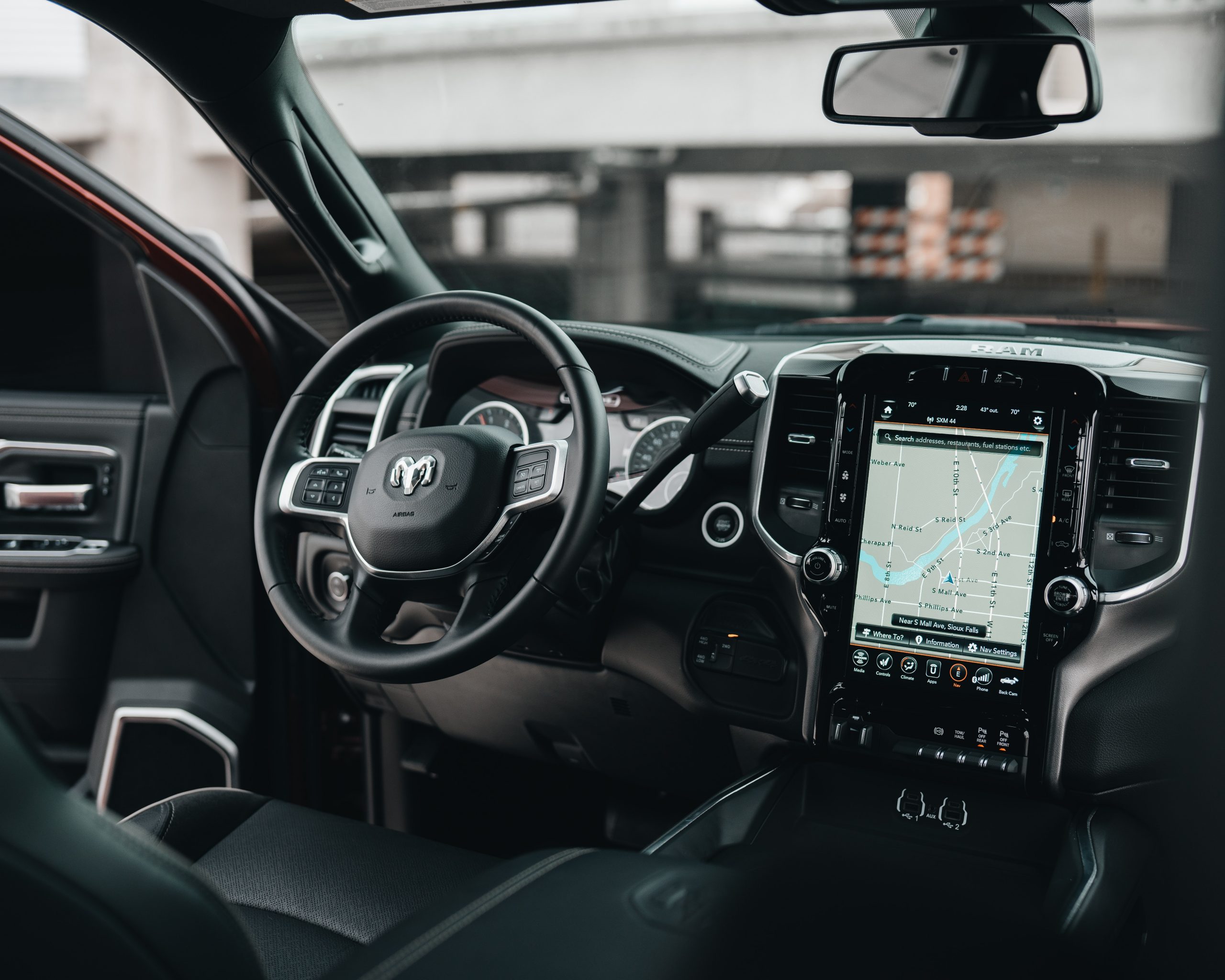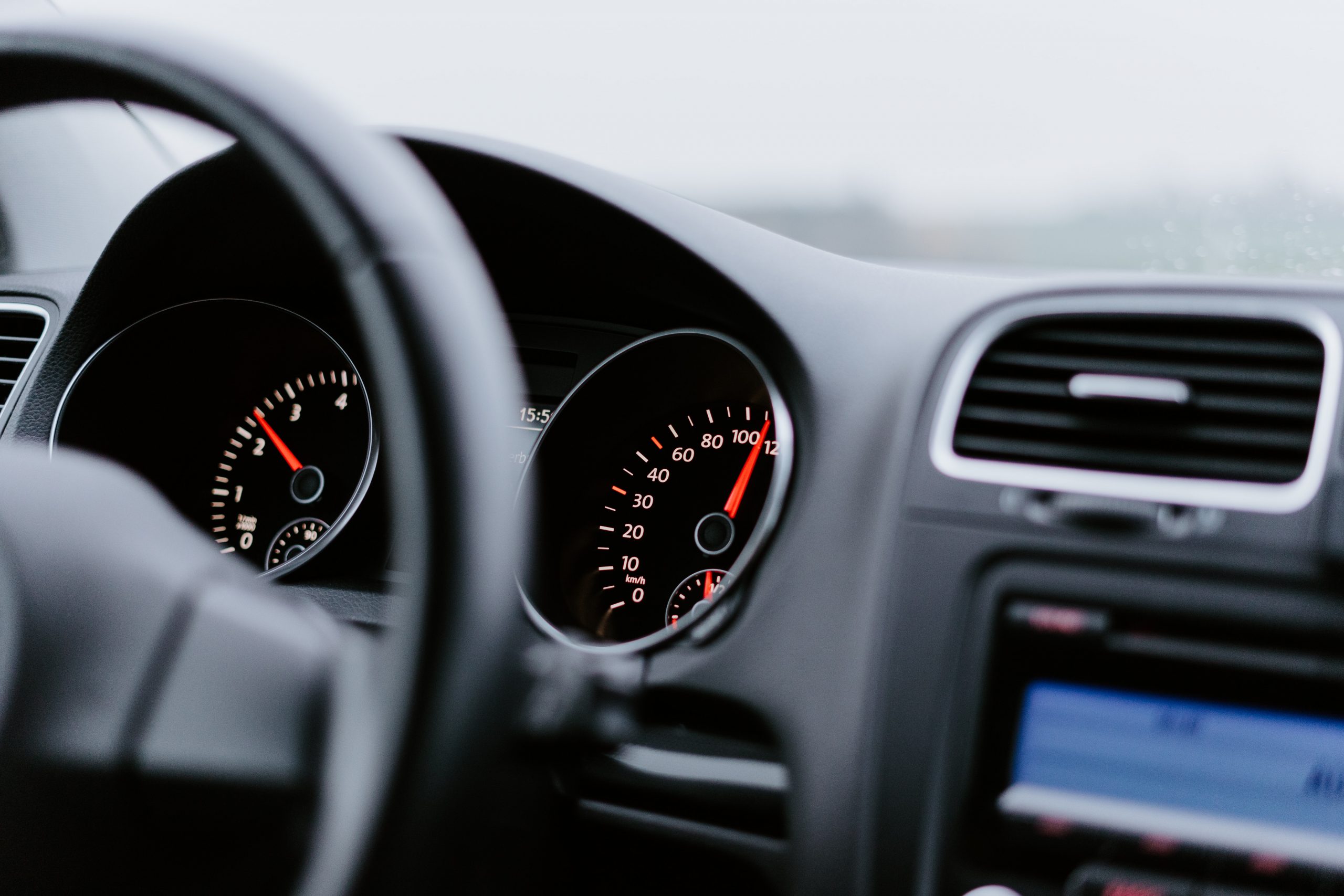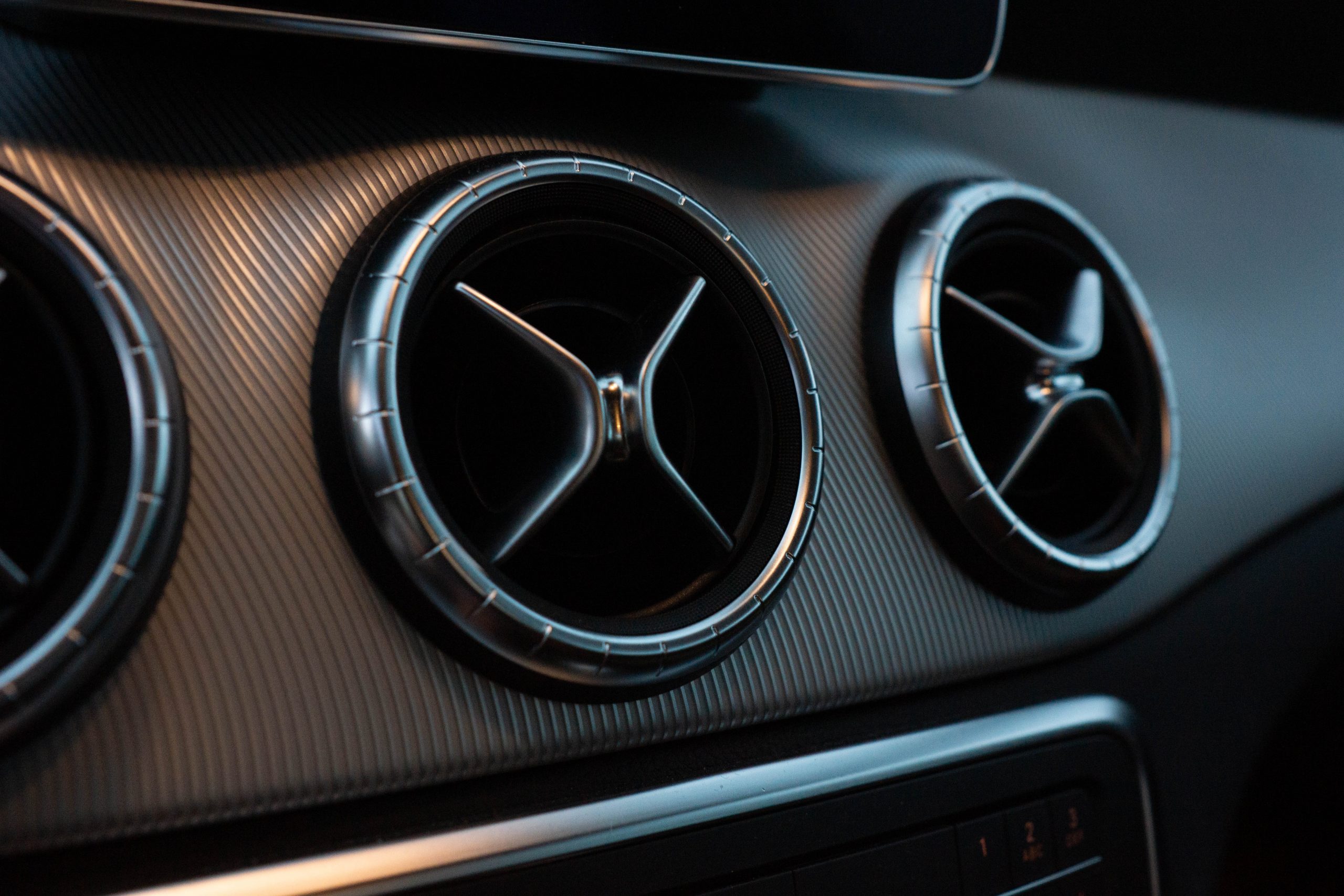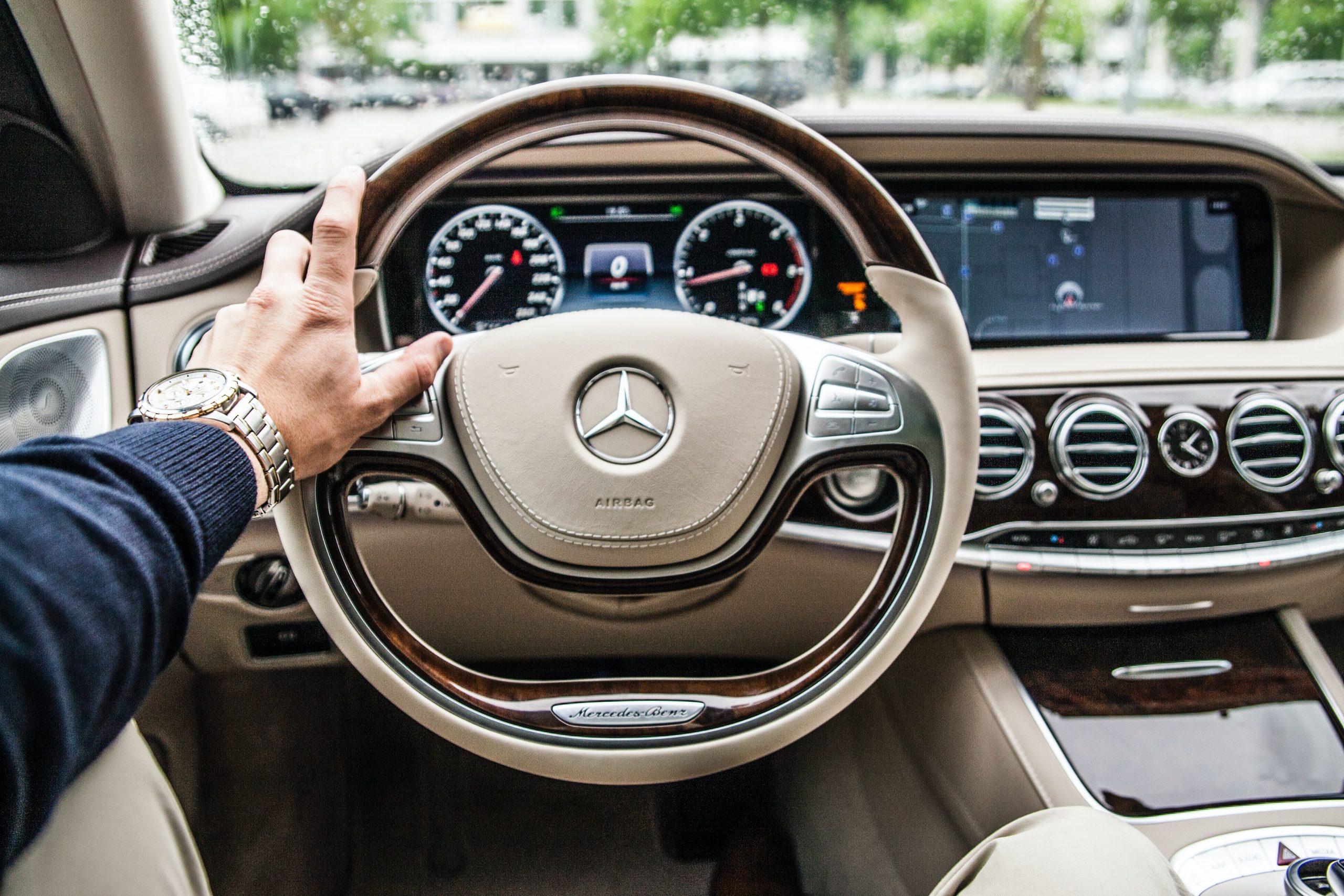In this week of high temperatures, many motorists are probably tempted to turn up the air conditioning to the max to cope with boiling seats and suffocating air in the cabin. But beware: if used incorrectly, air conditioning can cause discomfort for passengers and breakdowns for the vehicle. Here are some tips on how to make the best use of your car’s air conditioning.
1. Don’t switch it on too early!

Before turning on the air conditioning, it is best to drive for a few minutes with the windows open and the ventilation (not the air conditioning) on full blast. This will allow you to freshen up the upholstery, and not overtax the compressor (yes, the same one as in your fridge), which will have to work to provide you with fresh air.
Once the air in the cabin has cooled down a bit, close all your windows and switch on the air conditioning AND the recirculation of the interior air. The latter feature is very useful in hot weather: it allows you to recover the cool air generated by the air conditioning and therefore limit its consumption. Essential rule: when the air conditioning is on, all the windows must be closed.
2. No more than 5 to 7 degrees below the outside temperature
When you get into your car, which has been parked in the sun for a long time, at 2 p.m., it is not uncommon, as it has been over the last few days, to find the temperature inside the car at 38 or 39 degrees! Our bodies, which are not used to dealing with this tropical heat on a daily basis, quickly tend to push the ac button to the maximum… This is a mistake.
Forget about the prerequisite that establishes an ideal temperature of 21 degrees. In hot weather, the rule is simple: no more than 5 to 7 degrees below the outside temperature. In other words, when the outside temperature reaches 30°C, you should not ask your air conditioner to set the inside temperature at 25 degrees (ideally) or 23 degrees (if the heat is unbearable).
On the one hand, the body does not appreciate thermal shocks, and on the other hand, the mucous membranes will suffer less from drying out. Not to mention that by working less, the compressor will consume less. Because yes, the air conditioning makes you consume more fuel, and considerably more: up to 20 to almost 30% more, according to ADEME or Touring. Moreover, a diesel car suffers more from over-consumption due to air conditioning than a petrol block.
3. Air conditioning and health: never in the face!

Tingling, sore throat, headaches, dryness… These symptoms are not uncommon when it comes to air conditioning, which necessarily dries out the air in the room. They are not invented but are often the consequences of incorrect use: air conditioning set too high and/or badly directed.
The orientation of the air vents in your car should be well thought out: make sure that the air is blown out over your forearms and parts of your body that are exposed to the sun. Never direct the airflow directly at your face! To compensate for these deficiencies, air purifiers and/or air humidifiers are slowly becoming standard on some vehicles (rather high-end or sold in Asia).
4. Turn off the ac before you arrive at your destination
By doing this, 5 minutes before you park, you are promoting a double “kiss cool” effect: firstly, you are getting your body used to the warmer external temperature and its more humid air. You, therefore, minimize the thermal shock. Secondly, you will avoid the sometimes unpleasant odours inside the car caused by intensive use of the air conditioning. As the condensation in your air conditioning system has the opportunity to dry out before the engine is switched off, mold and bacteria are less likely to develop!
5. Use the ac all year round, and maintain it!

Air conditioning, since it helps to reduce the humidity in the air, is the most effective weapon against a phenomenon that seems far removed from our warm concerns: the defogging of windows. This is why it is advisable to use your air conditioning regularly, all year round, and not just in the event of exceptionally hot weather.
This is the best way to prevent the compressor from clogging up (hello bacteria, hello allergy sufferers), which can be very expensive to replace. It is advisable to maintain the air-conditioning (condition of the compressor, the refrigerant liquid- which becomes gas -, the evaporator, and the condenser) every two years or even every year. What are the symptoms of a tired air conditioner? Bad smells, a long time before the cabin cools down (more than a minute is abnormal), hot air being expelled, and suspicious noise. Have a nice drive!
Looking for help?
Are you in Australia? Do you dread those long summer drives with that intense Australian heat? Then look no further than Sunbury Auto Air. They are here to make your AC dreams a reality, and they will fix them to make those harsh and god-forsaken summer heat more bearable. So, why are you torturing yourself? Give them a call for more information, and let them help you and make your life easier and cooler.


1 comment
[…] hissing or whistling noise when the AC is on: If there is a hissing or whistling noise when the AC is on, it could indicate a problem […]